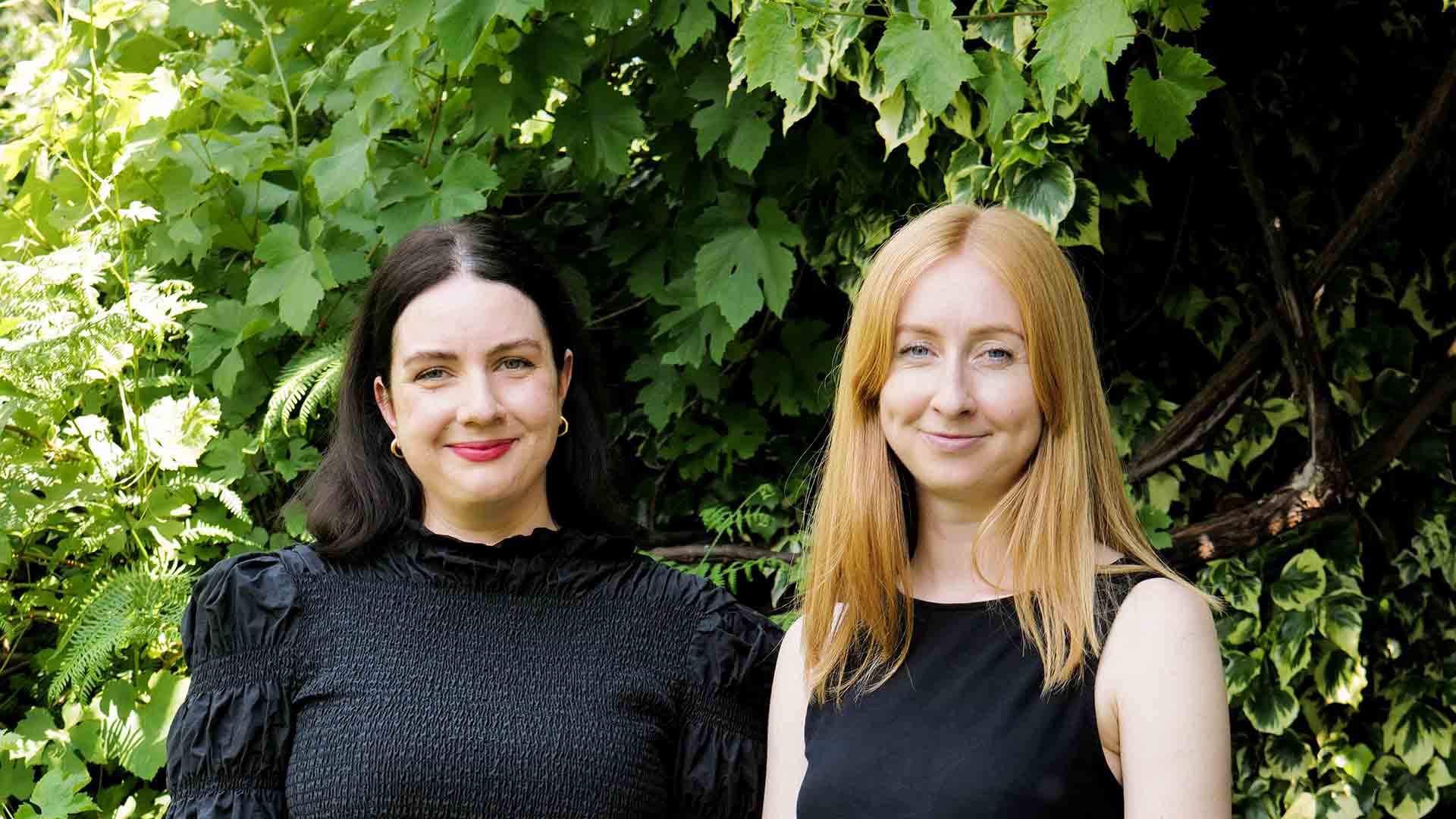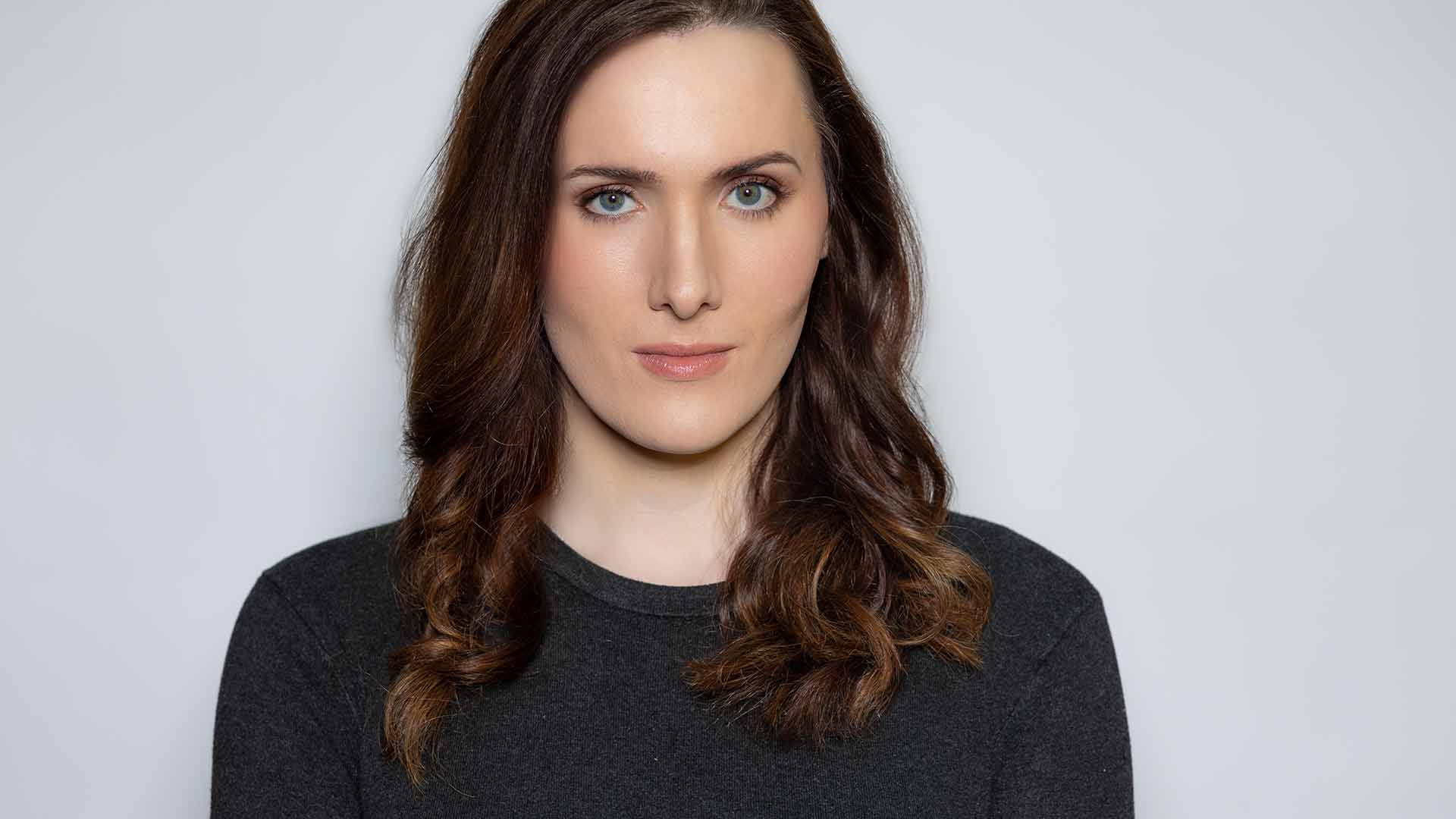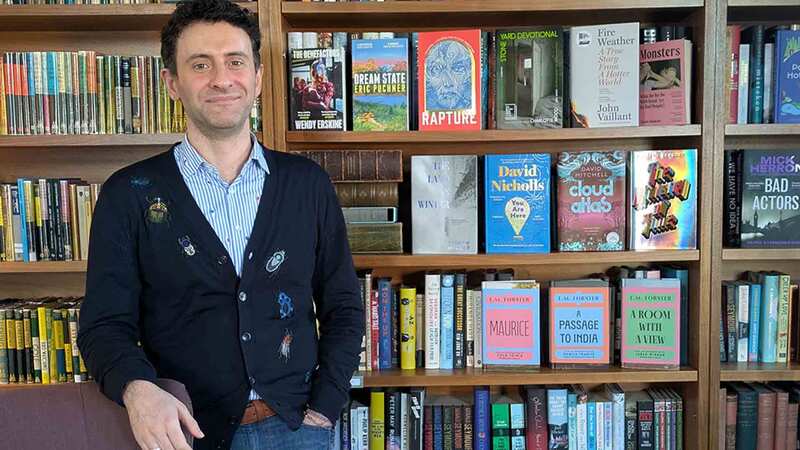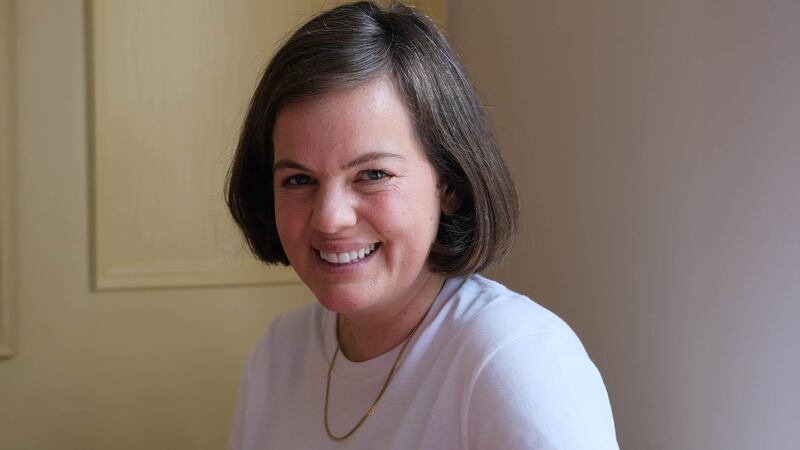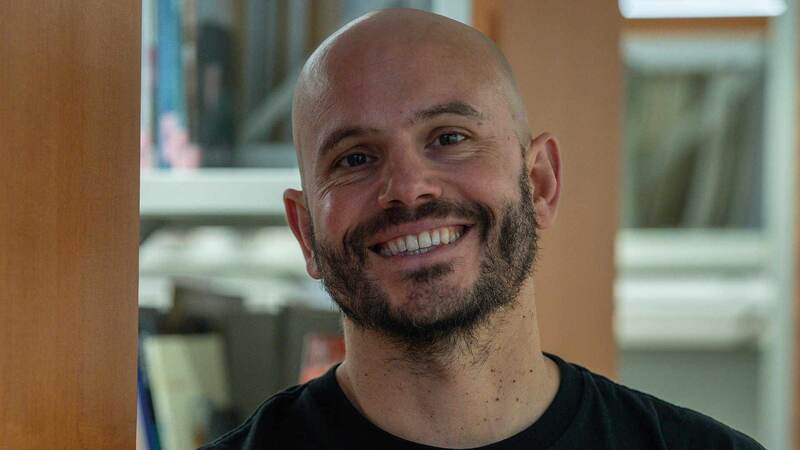You are viewing your 1 free article this month. Login to read more articles.
Kat Aitken and Seren Adams: colleagues to co-founders
The founders of Lexington Literary Agency discuss striking out on their own, their shared love of literary fiction and bringing a ‘considered’ list to Frankfurt.
An understandable bond forms when two people join a company at the same time. When Seren Adams and Kat Aitkens met as newcomers at United Agents (UA) they formed a connection that would develop over nine years. Now, the long-time and likeminded colleagues have taken their friendship further, hanging both their names above the door of the newly minted Lexington Literary Agency, which launched in July.
The name pays homage to the busy narrow street in Soho where they spent almost a decade making deals and friends.
Adams says: “It’s great to have each other, but we also have our friends at UA who are still very supportive. Having a network of people around you whose opinion you trust and whose advice you can seek is really important.” While never directly working together at the well-established London-based literary and talent agency, they circled each other’s orbit as “naturally compatible colleagues”, building a collaborative working relationship in the office and over WhatsApp. “We were always sharing our submissions with each other and canvassing advice—it just made sense to continue doing it together,” confirms Aitken, who joined UA in foreign rights before assisting Caradoc King, then Caroline Dawnay.
Over the years the former booksellers knuckled down and chalked up individual successes—inking major deals and seeking and nurturing authors, some who have gone on to pick up notable prizes.
Yet their shared love of exceptional literary works of fiction and “distinctive and off-kilter” voices continued to draw them together. Adams and Aitken admit that it was “only recently that we really came up with the plan and format for the agency”. But it didn’t take long to work out that, for their considered literary leanings, a boutique style agency over a large ecosystem “just made more sense”. Of course, being the boss has other obvious benefits, as the recent wave of agents leaving larger firms to go it alone suggests [see pp 24-25]. Adams says: “The flexibility and freedom that being business owners grants us is really attractive. We have fewer overheads, can focus entirely on our writers, and be more independent—that’s really valuable.”
Acts of discovery
So how would they sum up their style of agenting? “Innovative,” says Adams, who joined UA to assist Anna Webber before starting her own list. “That’s how I would describe both our approaches—we’re very good at seeking writers out.” She expands by describing how she signed Australian-born author Lauren Aimee Curtis based on two paragraphs in Catapult magazine. Eight years on, Curtis has published two novels including last year’s Strangers at the Port (W&N), which was featured on Granta’s Best Young British Novelists list for 2023.
Adams says: “That’s the most thrilling thing, working with someone from such an early stage and on very little to actually go on, just their voice.”
The duo currently work remotely (Aitken in London and Adams in Bath) but Lexington has secured premises at Somerset House on the Strand, joining a buzzing literary scene that includes the offices of Pushkin Press, Susanna Lea Associates UK and the Booker Prize. There’s also an elegant website and social media accounts that strike the right look and feel for a high-end outfit. As the pair settle into new roles, offices (and for Adams, a home too), what is not new is the authors they represent.
Aitken says it is “nothing short of incredible” that all their clients made the leap over to Lexington. After all, there a difference between “being represented by United Agents and being represented by a boutique agency”. Reassuringly, continues Aitken, “they had all said the relationship was with the agent, not the agency”.
So, Lexington is a continuation of what the pair has been doing over the years: seeking “intelligent, astute and emotional” works of fiction and non-fiction. Lexington begins life with a fully formed identity that aligns itself with prestigious works and prize-winning authors. The roster includes Caleb Azumah Nelson, winner of the 2024 Dylan Thomas Prize and bestselling author of Open Water and Small Worlds (Viking) and #Merky Books Prize-winning début novelist William Rayfet Hunter. There is also the Forward Prize-shortlistee Ralf Webb, academic Orlando Reade, and Fitzcarraldo Essay Prize shortlistees Asa Seresin and Benoît Loiseau. “We want to focus on high-quality writing, and it can be any kind of writing about any subject, by any writer based anywhere in the world,” Adams confirms, setting out Lexington’s manifesto of sorts.
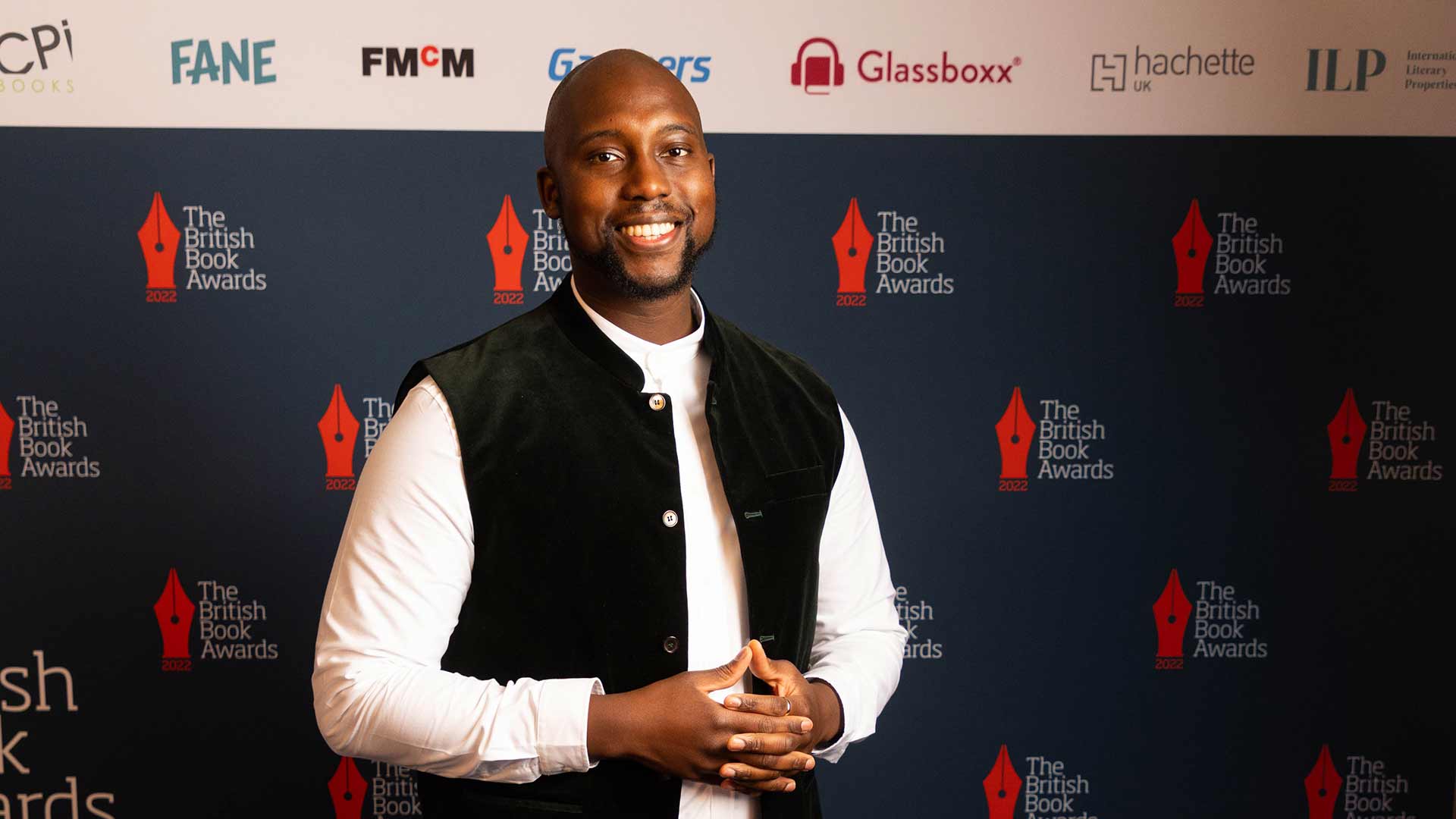
First Frankfurt
Using the quieter summer months to get the agency’s wheels turning, the duo now turn their attention to Frankfurt. While they won’t be travelling to the show themselves (Rebecca Wearmouth and her team at Peters, Frasers + Dunlop are handling Lexington’s rights), they are submitting a small and thoughtful list of books that is already creating a significant buzz. “I’m running an auction for one of our hottest titles and we have six publishers bidding,” Adams enthuses, referencing a new novel by journalist and author of Look Here (Daunt Books) Ana Kinsella. Alongside the excitement is a sense of relief that Lexington is set to be right in the thick of the action at its very first Frankfurt. Meanwhile, Aitken is anticipating big interest in a non-fiction submission by actor and playwright Abigail Thorn, who has recently appeared in “House of the Dragon”. “I have a brilliant non-fiction proposal from Abigail that people are really taken by,” she says.
Overall, Lexington’s strategy for Frankfurt is: less is more. Adams explains: “I personally didn’t want to overload submissions, knowing how much editors get sent and how limited their time is during this period.”
They are, also, keen to keep abreast of all the goings-on at the show. With their focus on author welfare, the pair will be particularly engaged with discussions around the impact of AI. “The most pressing thing is, as always, our authors, protecting their copyright and making sure they are properly remunerated,” Aitkens insists. She goes on to credit Nicola Solomon and the Society of Authors for the work the organisation has done to stand up for author rights. “It’s something that cannot be ignored and must be addressed.”
Concerns around AI aside, Adams and Aitken look at 2025 and beyond with great anticipation, agreeing that “it’s been a great start” to life as co-owners of Lexington. “We want to establish ourselves as a good, strong literary agency, doing the best work for our authors and finding new writers.”





